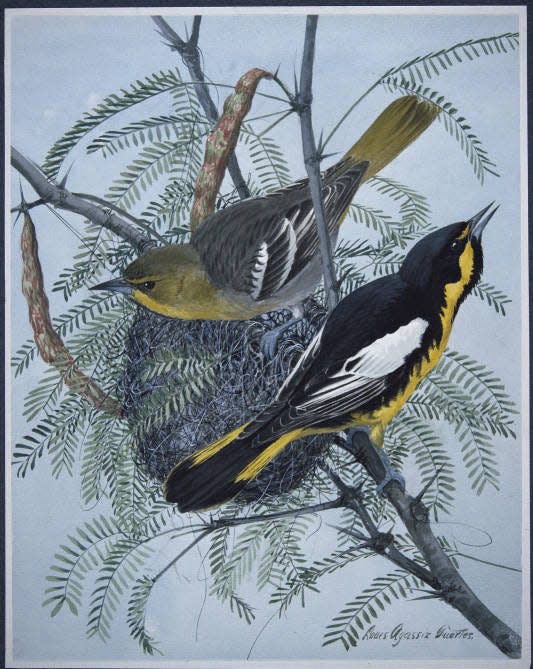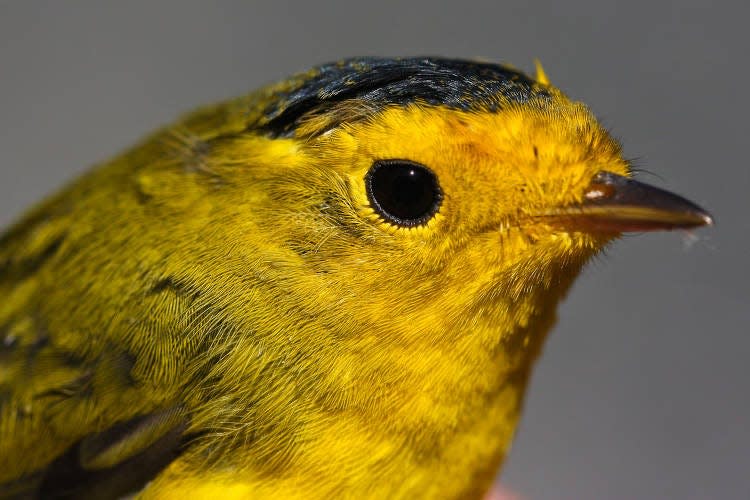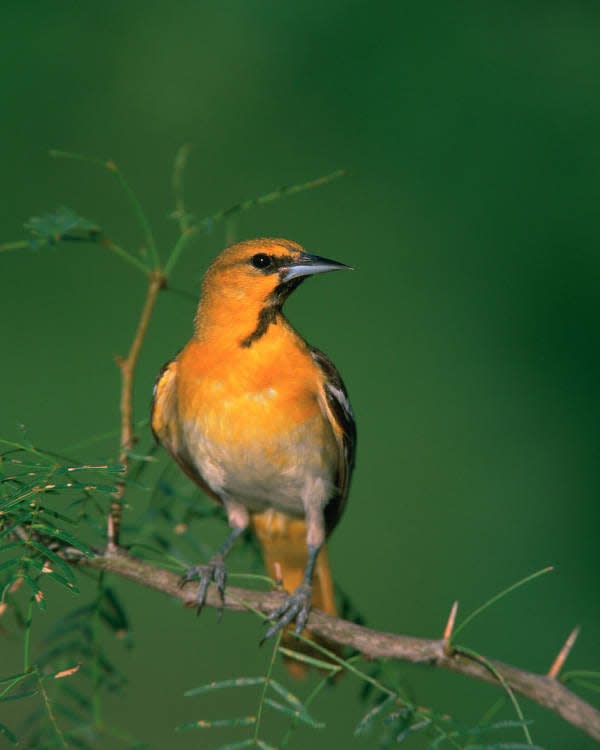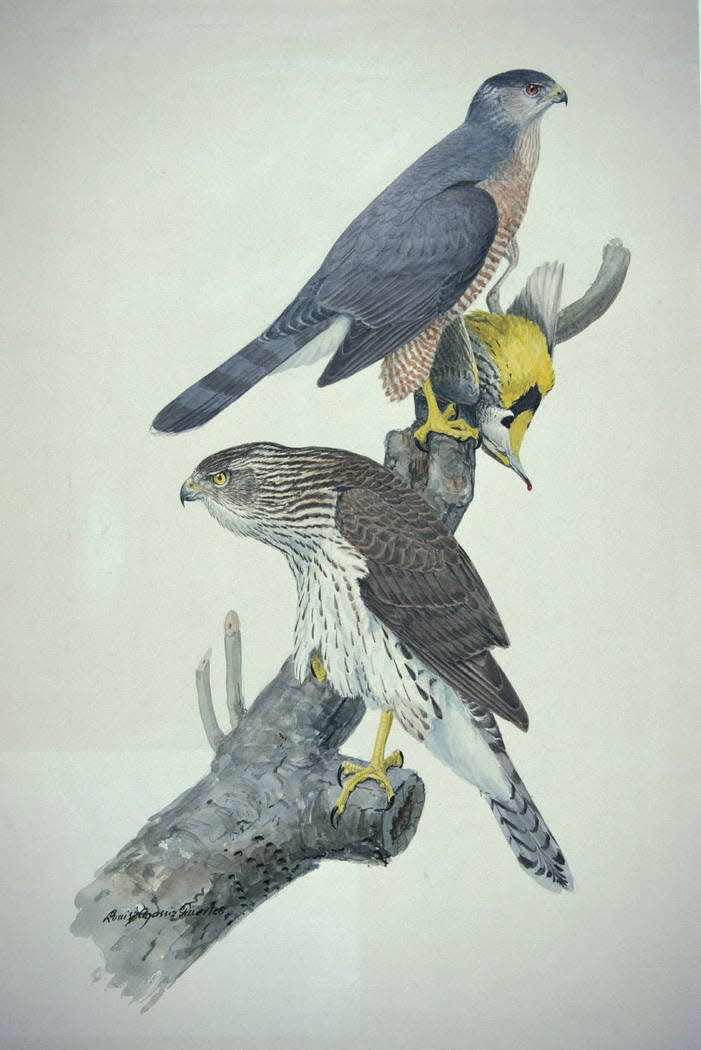Will a bird by any other name still tweet?
Hope is the thing with feathers,
That perches in the soul,
And sings the tune without the words,
And never stops at all.
— Emily Dickinson, 1861
Although birds do indeed live in a world “without words,” humans pay careful (sometimes inordinate) attention to them.
This month the American Ornithological Society announced that “in an effort to address past wrongs and engage far more people in the enjoyment, protection, and study of birds, it will change all English bird names currently named after people within its geographic jurisdiction.”
This will initially impact approximately 70-80 birds in Canada and the U.S. that bear human surnames as part of their common names. It could eventually change the names of hundreds of common birds.

The AOS and its predecessor go back to 1886, an era when it was common to name species of all kinds after a discoverer or famous person. Examples include Bullock’s oriole (named after English naturalist William Bullock), Steller’s jay (named after German naturalist Georg Steller), Cooper’s hawk (named after American naturalist William Cooper) and Wilson’s warbler (named after American ornithologist Alexander Wilson).
Historically, naturalists love to name birds after fellow naturalists.
The idea of “bird names for birds” began to take off in 2020 when "McCown’s longspur" was renamed the "thick-billed longspur."
The bird’s original moniker derived from General John P. McCown, an amateur naturalist and professional Confederate general. Removing the treasonous taint of the Confederacy from the avian world was an easy decision.

Other dubious bird names are also on the chopping block. "Scott’s oriole" is named after General Winfield Scott, whose soldiers, perhaps in a bit of foreshadowing, gave him the nickname “old fuss and feathers.” Soldier and naturalist Darius Couch named the Scott’s oriole in honor of the general.
Modern generations are less enamored of General Scott’s role in the forced relocation of Indigenous peoples in 1838 known as the Trail of Tears.

Even some naturalist names are suspect. "Audubon’s shearwater" is one of three birds named after the most famous naturalist and bird artist in the United States and namesake of the Audubon Society.
John James Audubon was also a slaveowner and a foe of abolition. Audubon’s oppression of the human species has made his bird honorifics less appealing.
Other bird namesakes are less problematic. Alexander Wilson is regarded as the “Father of American Ornithology.” William Cooper shared his passion for birds with his son, James Cooper, who was commemorated in the prestigious Cooper Ornithological Society founded in 1893 and merged into the AOS in 2016. In many ways the American Ornithological Society is erasing its own history by removing their predecessors’ names from their area of study.

As a historian of science and a birder, I appreciate that "Wilson’s warbler" like "Darwin’s finches" might lead young students to discover early naturalists who transformed the way we viewed the natural world in the 18th and 19th centuries. I regret the loss of that legacy.
However, for modern birders, more descriptive bird names may enhance both identifying birds and identifying with the birding community.
Mark Madison is an environmental historian in Hagerstown who loves both birds and history.
More Mark: Colleges and the environment are both in peril. But protecting one could save the other
This article originally appeared on The Herald-Mail: Sometimes bird species are named for people. That's about to change

